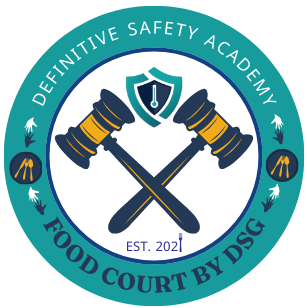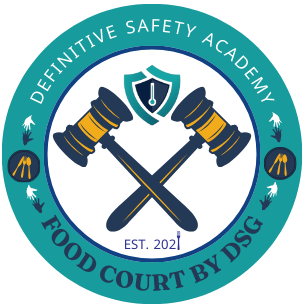On June 27, 2025, the FSA and FSS released their annual “Our Food 2024” report, sounding a critical warning: local food inspection resources across the UK are dangerously strained.
The post-pandemic fallout revealed a painful truth: backlogs in inspections, widespread staff shortages, and increasing difficulty in safeguarding consumer health.
The post-pandemic fallout revealed a painful truth: backlogs in inspections, widespread staff shortages, and increasing difficulty in safeguarding consumer health.
1. Inspection Backlog and Workforce Decline
2. Recruitment Struggles & Staff Inexperience
3. The Silver Lining: Well-Maintained Standards, but Warning Signs
What Should You Do if You Bought These Tomatoes?
4. Post-Brexit Challenges & Emerging Risks
Final Thoughts
Latest from our blog
Contact Us
admin@thefoodcourtdsg.com
-
Get in Touch
-
5065 Deer Valley Rd, Ste 114 Antioch, California 94531
-
(925) 237-9095
admin@thefoodcourtdsg.com
-
Quick links
-
Home
-
About Us
-
Affiliate Program
-
Blog
-
Podcast
-
Top Courses
-
Elevating Food Safety Standards Globally

